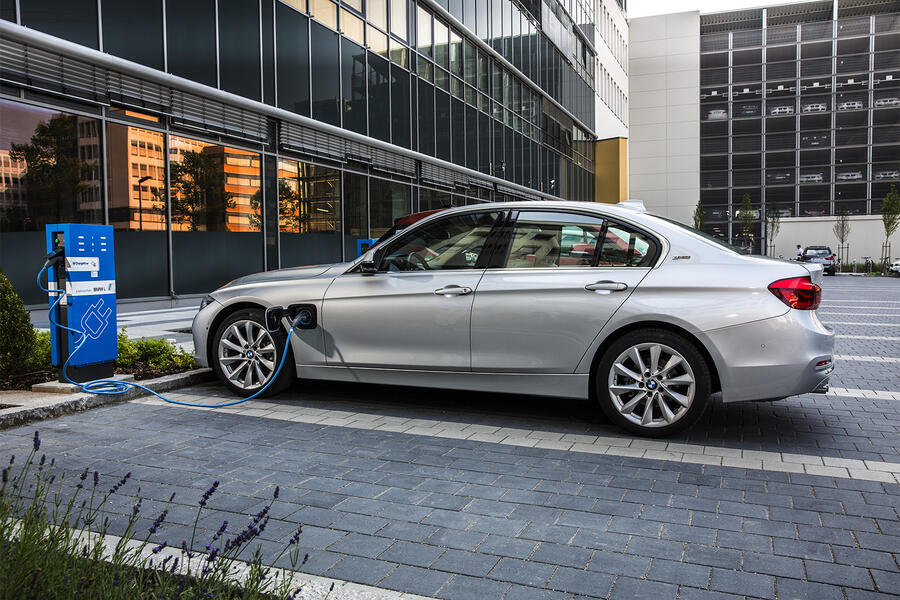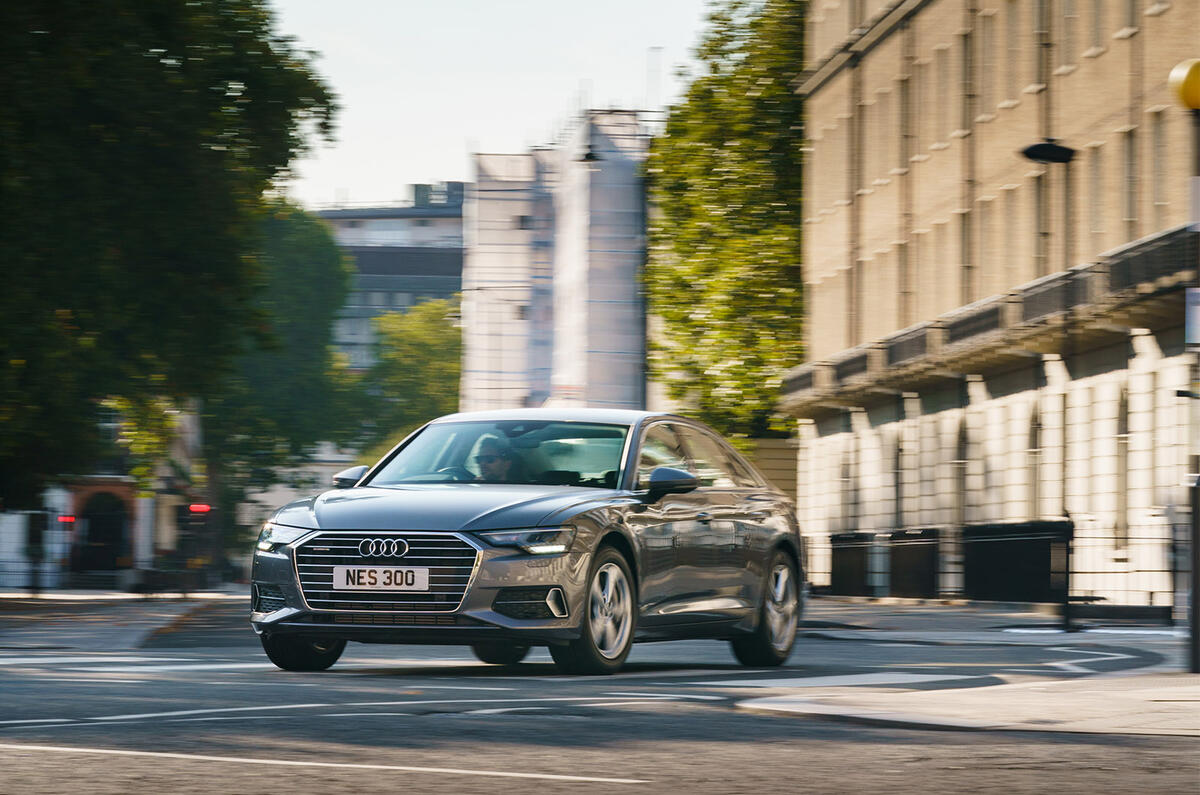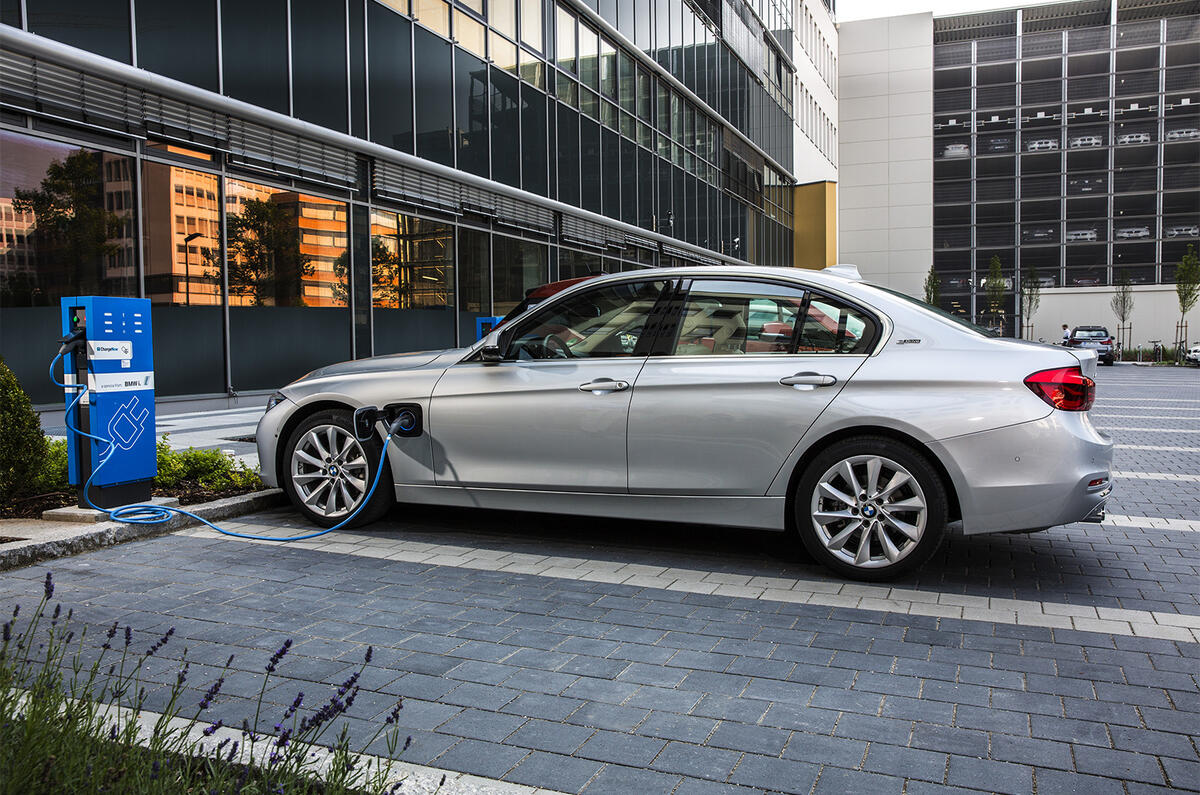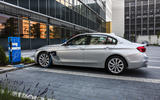Company cars have always been widely seen as status symbols. Whether you’re a high-flying executive or a salesperson who spends hours trawling up and down Britain’s motorways, the company’s list of available cars is always pored over in detail, balancing costs with desirability.
However, the outbreak of Covid-19 shook the company car industry almost overnight. With the government’s ‘stay at home’ messages, the need to travel for work just hasn’t been there and online meetings have replaced almost all face-to-face interactions, leading many businesses to suspend leases in order to save money.
“Company car policies shut down because people were furloughed and firms were unsure what was going to happen to their businesses. At the peak of lockdown one, 70% of our corporate customers had put their policies on hold,” Rob East, BMW’s general manager for corporate sales, told Autocar.
However, he added that, since then, his order rate “is back to, if not slightly beyond” where it was before the first lockdown occurred, suggesting that businesses aren’t about to cast the company car aside in favour of video conferences.
East credits the rise in demand to the generous incentive that are currently on offer if employees choose an electric company car. Do so in the 2021/22 financial year and your car will fall into the 1% benefit-in-kind (BIK) tax bracket; in comparison, the BMW 320d diesel saloon, which officially emits 123g/km of CO2, will fall into the 28% tax bracket.
“The interesting trend is that we’re seeing people returning to company cars if they can choose either a plug-in hybrid or an electric vehicle,” said East. “This is someone saying ‘I recognise I can take an EV, pay 1% BIK and not have the hassle of operating my own car’.
“We’re seeing a migration of people coming back into company cars and we’re seeing positive trends. We’re predicting that over the next three or four years, there may be growth in the marketplace.”
The fleet industry has been through a difficult few years. The introduction of the WLTP testing regime raised official CO2 emissions and thus tipped cars into higher BIK brackets, while diesels have been hit with a 4% tax levy since April 2018. As a result, fewer people have been paying BIK (see chart below), instead opting to take a monthly cash allowance.
“Fleet operators went through a phase of complete uncertainty from a BIK perspective, so it was really hard for them to advise their drivers on what route to go down,” East explained.








Join the debate
Add your comment
Is there still a need for company cars? They were introduced in this country over half a century ago to support a growing UK car industry and as a tax efficient way for companies to reward employees. Now, they mostly support the German car industry and are mostly heavily taxed. Would it not be better for employees to be simply paid a little extra to give them a free choice of vehicle for which they were responsible.
There was a move towards that, but the HMRC saw it as a loophole and moved to close it by treating private cars as company cars if used for business and what could be idenified as a car allowance paid to the employee.
Its not fair to dismiss company cars only as perks, we have hundreds of people ferrying themselves, parts and tools to customers every day for work purposes. They don't need a commercial vehicle and it would be daft to only use a perfectly good vehicle just for work and own another of your own for personal use, but work/private split is 85/15 yet the current tax system doesn't reflect that typical situation. Yes plenty have perk cars and I would like to see that made less attractive.
Sounds like a company specific issue, most of the lease car providers have electric cars availible.
At my company the company car is a perk, senior staff have an allowance but anyone can buy in to the scheme. You can have any car from the provider (ARVAL) but obviously you pay anything above your allowance (if any).
I have noted that the rates for EVs are not amazing particulary on Teslas given their rock solid residual at the moment. However as the leases are about 45% off given they are tax and NI free it doesn't matter that much to the employee.